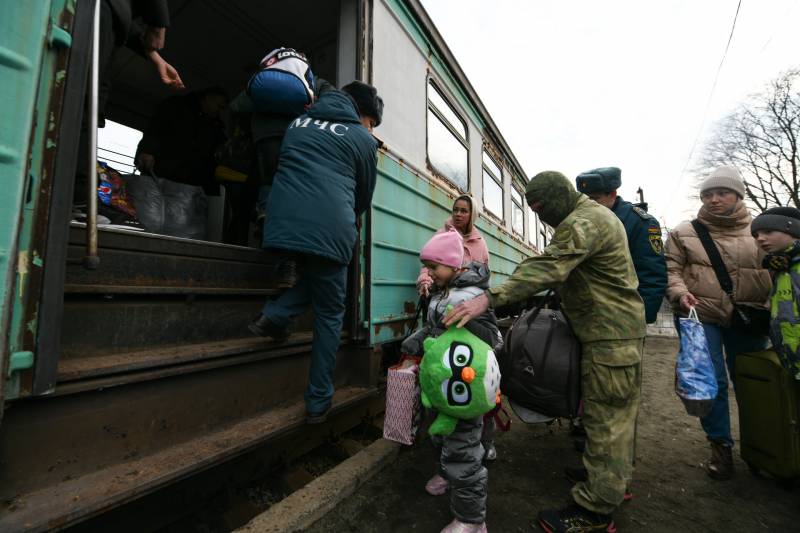Many Ukrainian Americans living in the Bay Area are worried for their families and friends after Russia sent military forces into Luhansk and Donetsk — the two regions in eastern Ukraine, known collectively as Donbas, that Russian President Vladimir Putin recognized as independent states on Monday.
As Putin sends in troops under what many diplomats believe to be the false pretense of “peacekeeping,” members of the Bay Area Ukrainian community are checking in on their loved ones in the country, and many are preparing for the worst. Still, they say that the Ukrainian people are resilient and determined to defend their country.
Nick Bilogorskiy lives in Santa Clara, but his family lives in Kharkiv, Ukraine, which is only 35 miles from the Russian border and 100 miles from the Donbas region. He said they don’t have any plans to relocate.
“I think they don’t want to leave behind their livelihood, their friends, their work, their houses, their pets,” he said. “It’s really difficult to be internally displaced. They don’t want to take that step until it’s absolutely necessary.”
Bilogorskiy is co-chair of Nova Ukraine, a nonprofit that provides resources to Ukrainian communities in the United States and humanitarian aid to Ukraine.


